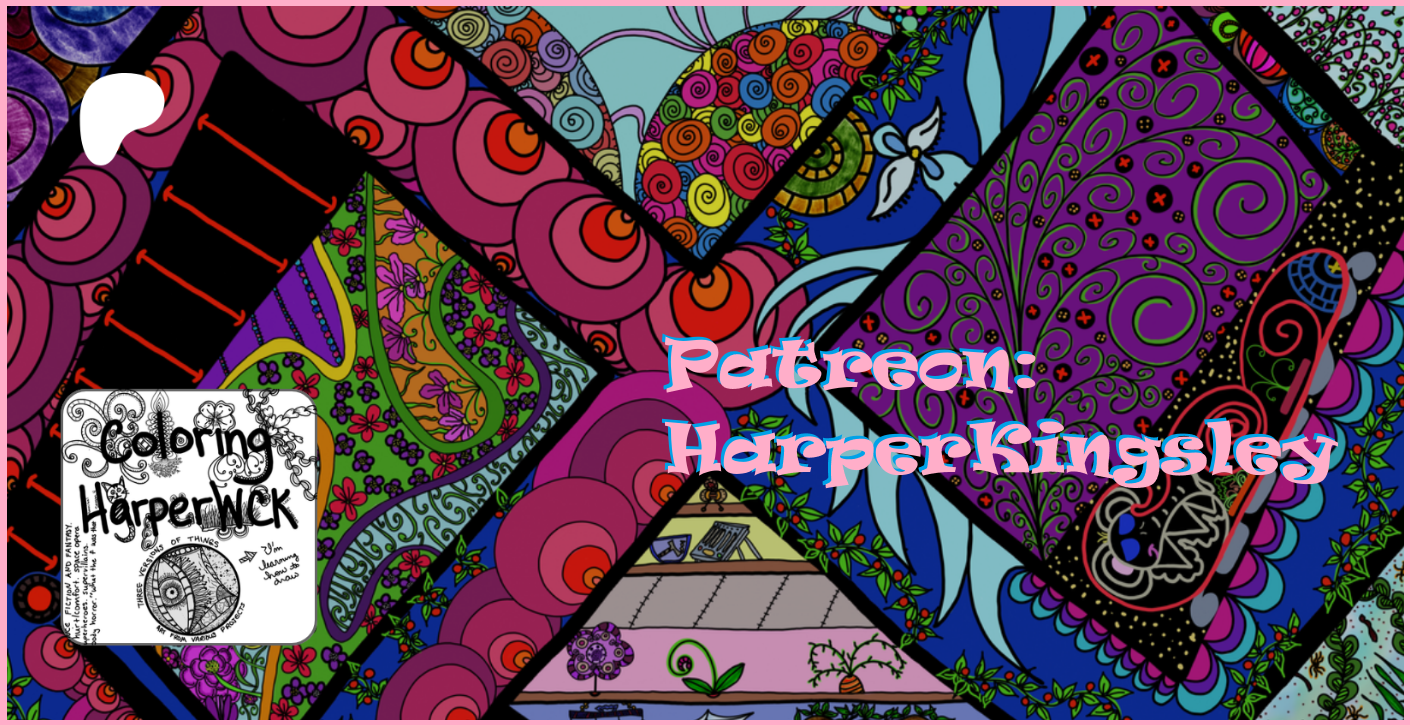Read a Wired article, “Rape Scenes Aren’t Just Awful. They’re Lazy Writing,” and all I can say is, “Good.” This is something that needs to be said. I’ve probably read a variation of this article a dozen times in the past year, and it needs to be written again and again and again until movie and television creators get it through their thick skulls.
Rape is not titillating. It is not romantic. It’s not a plot point that needs to be pursued via a step-by-step scene progression that’s slowed down to -10 speed so every agonizing emotion can be read and cataloged.
Rape is an act of aggression committed by depraved individuals that need to spend a significant amount of their life locked up in a small box having their brains reconditioned.

At the very least, rapists need to be made aware that what they’re doing is WRONG. Like seriously, dude, if you don’t know that holding someone down and ignoring them saying “No, stop, no” is rape, then you should not be having sex with ANYONE, not even yourself, until you’ve taken some kind of class.
And I will opine that a lot of the confusion people feel about what constitutes as rape is due to popular culture. Movies, television, books, music, comic books — creators think they’re being clever or blurring the lines by introducing “conflict” in the form of a “traumatic past.” It’s too hard to just say that someone was physically assaulted; there needs to be a horribly drawn out flashback scene detailing every moment of degradation and fear. Because, you know, that’s what society needs. Realism or something.
From the Wired article:
But do we really? Although the recent Mad Max: Fury Road movie featured a number of central female characters who had experienced rape and lived in sexual slavery, one of the most remarkable things about their depiction was that their rapes were not depicted on screen; instead, the movie trusted that we could simply believe what they were saying.
But where the movie made an active effort to get things right with its female characters—even bringing in Vagina Monologues author Eve Ensler to consult—when it came time to make a comic book, the story got turned over to an all-male team that immediately introduced a rape backstory to “motivate” its main female character, Furiosa, and immediately put the previously off-screen rapes in the comic.
It gets even more troubling when you consider the reasoning behind this decision, as articulated by the comic’s co-creator, Mark Sexton:
The use of institutionalised rape by Immortan Joe is not only central to the story but without it, the story could be viewed merely as a bunch of young spoilt girls whining about being kept in relative luxury by an older man who’s concerned with their safety. Not really much room for dramatic tension there!
A rape scene is not dramatic tension. In point of fact, there is no tension in a rape scene. It is the full expression of horrible things happening with needless detail. I mean, having a woman chained in a basement that she needs to escape from is enough. Do we really need to watch — experience — the moment when she is physically assaulted to understand that her situation is an untenable one? Do we need to know every terrible thing that happens to her to know that she is fighting for her life? Isn’t her bruised face and body enough for us to put together the fact that something bad has been happening?
Rape is wrong. Rape is a crime. Rape is the least romantic thing ever.
If your movie or television show is chock full of gratuitous rape scenes, I 100% guarantee that I will be telling people. There will be plenty of discussion happening about your project, but it will mostly entail the words “you,” “suck,” and “hack writing.”
So if you want to earn the respect of the world around, don’t imagine that rape is going to get you there. All you’re going to do is offend the people that would have been your audience.
Point of fact, The Mary Sue has decided to no longer report on Game of Thrones episodes. Why? Because there was one graphic rape scene too many.
